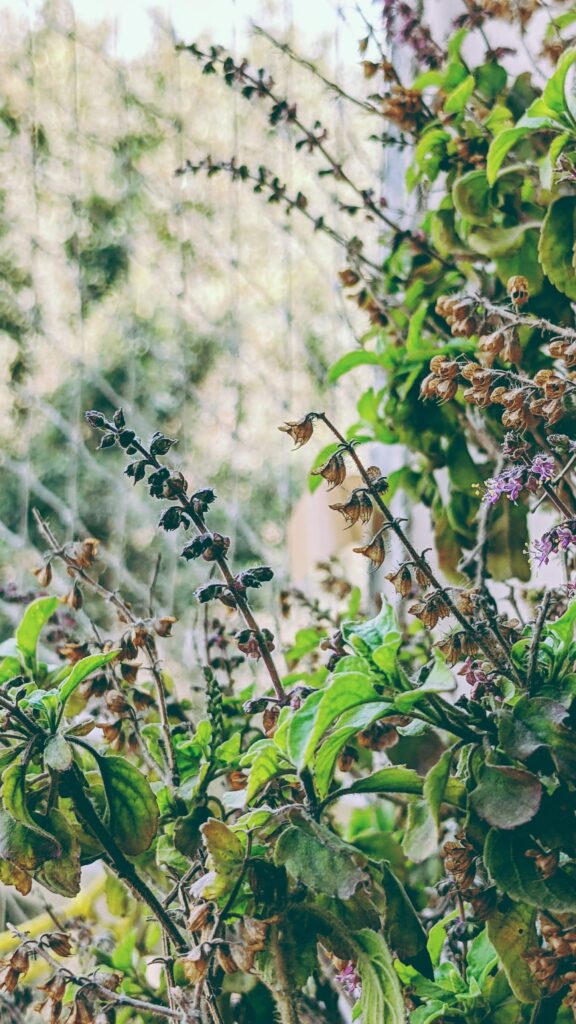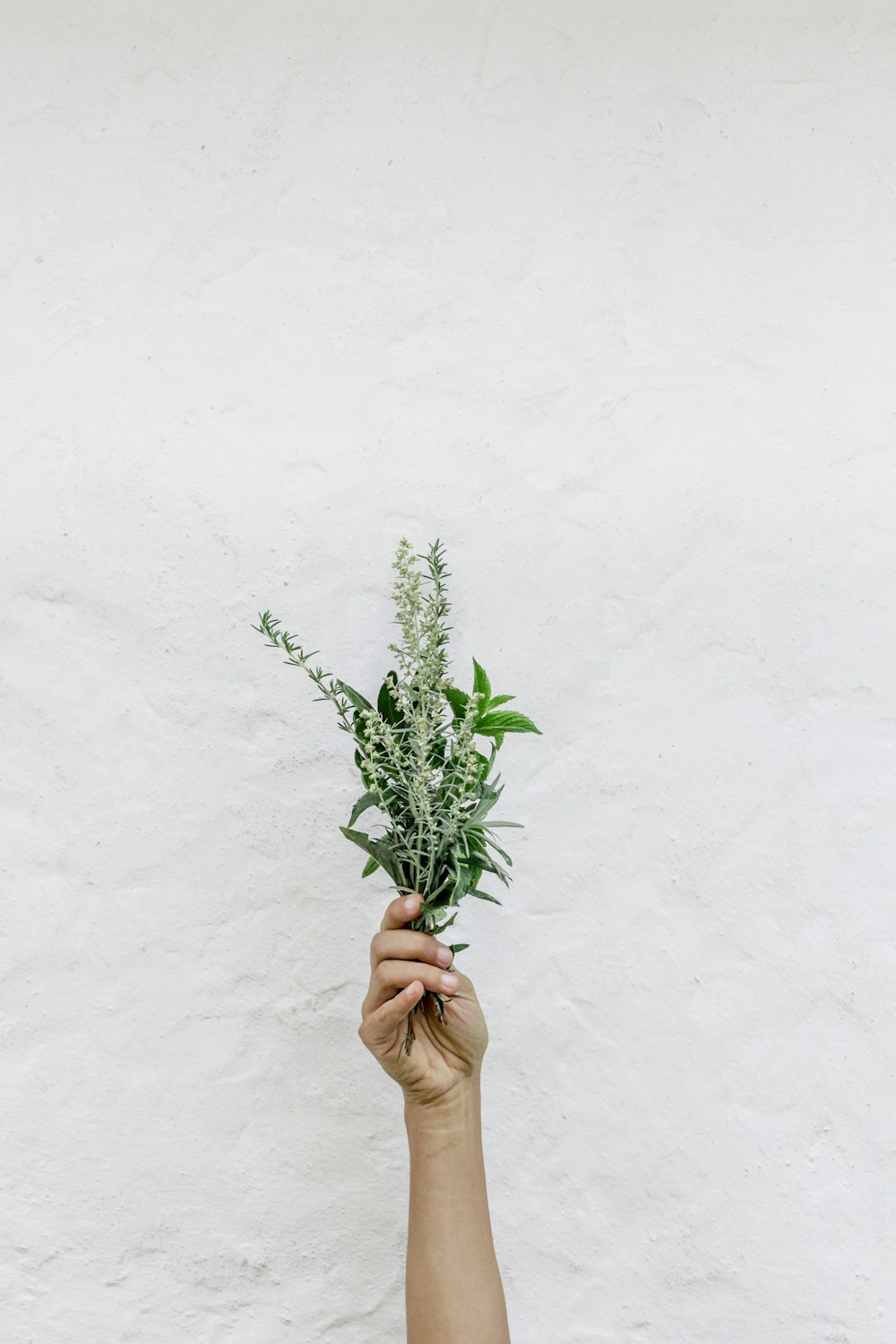Tulsi – The Herb with Amazing Healing Properties
The herb of Tulsi is well regarded as ‘King’ of all herbs and is generally referred to in English as Holy Basil. This particular herb is also believed to cleanse or purify the environment and has been since always grown in Indian homes. Also, the herb is recommended as effective dietary supplement and immunity building agent to prevent and as well control microbial infections.
Health Benefits
While Ayurveda, the science of life, swears by the medicinal plant of Tulsi or the Holy Basil, recent studies have also given quite positive results of Tulsi, as documented in our ancient Vedic literature. It has proven to be effective in anti-microbial activity against bacteria, fungi and other infections.
Amazing Healing Properties
In Ayurveda, the ancient Indian healthcare science, Tulsi has been mentioned as “elixir of life” and used broadly for its healing and health-giving assets. It has been stated in ancient Ayurvedic text – Charak Samhita for its usage in treatment of wide variety of diseases. Tulsi has also been referred to as valuable stimulant, fragrant and anti-pyretic herb. The herb has been recognised for its healing abilities, known to alleviate vata & kapha doshas (air and Phlegm body humors), and is documented as Dashemani Shwasaharni (anti asthmatic) and anti-kaphic drugs (Kaphaghna). Not only this, there is diverse utilization of the herb of Tulsi in Ayurveda for lessening down cough and respiratory allergies, stress, indigestion, anorexia and also to promote longevity.
Variety of Healthcare Properties
Tulsi or the Holy Basil is a herb which readily offers an array of health benefits. This owes to the various healing virtues and properties that this herb holds. These are –
- Anti-Inflammatory,
- Antidepressant,
- Antipyretic,
- Anti-Arthritic,
- Antiulcer
- And Anticoagulant.
Respiratory Boon
- Tulsi or the herb of Holy Basil offers great relief in the signs and symptoms of cough and bronchitis. For this, approximately five to ten ml of the juice extracted by crushing or pounding Basil leaves may be mixed with a little honey and taken twice a day.
- As another home remedy, Tulsi leaves may be pounded along with few black pepper corns. Honey can be added to it in moderate quantity. This herbal cure prepared with Tulsi helps to extract the stuck phlegm, mainly as Holy Basil is a good expectorant herb.
- The herb of Tulsi (Holy Basil) is also believed to possess unique anti-asthmatic as well as anti – tubercular properties.
- In case of mild to moderate fever, Tulsi again comes to use. This is because taking the herb leaves in the form of decoction helps to bring mild perspiration and thus lowers the increased body temperature.
- It has also been mentioned that the nature of the herb of Tulsi to extract phlegm, helps in relieving productive cough.
- Tulsi chai or the Basil tea may be taken during the seasonal change along with adding pinch of ground cloves, black pepper and cinnamon; and a few drops of freshly grated ginger juice which amplifies the results.
- Tulsi also has the property to build up immunity level so as to counteract disease.
About the Author:
Dr Sonica Krishan’s Books are available at Amazon
Related Blogs:
Tulsi (Holy Basil) – 4 Reasons Why It is Great Herb for Bronchitis




I am constantly searching online for ideas that can assist me. Love all stuff that you write Dr. Thank you!